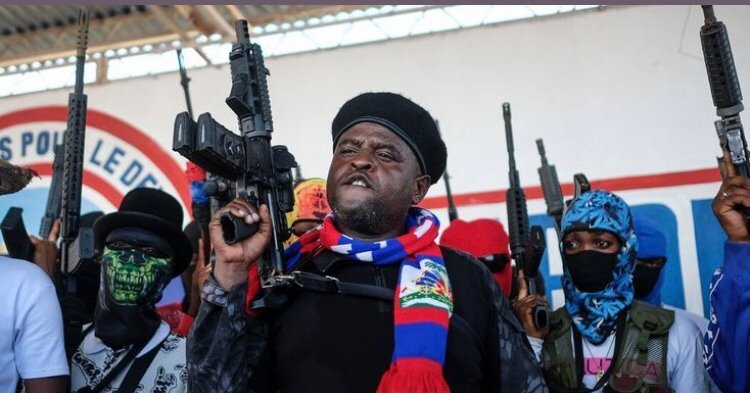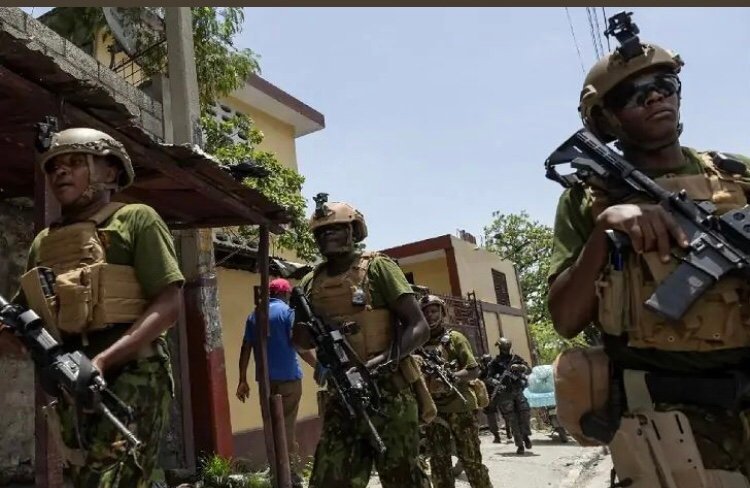Kenyan police officers deployed to Haiti are grappling with mounting pressure to curb rampant gang violence in the Caribbean nation. Six weeks into their mission, the situation remains fraught with tension and complexity.
On June 25, 2024, 200 elite Kenyan police officers landed in Haiti’s capital, Port-au-Prince, aboard a Kenya Airways flight. Clad in combat gear and carrying their weapons, they held the Kenyan national flag high, symbolizing hope and strength for a nation desperate for stability. Their arrival was met with optimism as the Haitian National Police (PNH) struggled to contain the brutal gang violence that had terrorized the capital and large parts of the country for over three years.
Despite high hopes, the reality on the ground is grim weeks after their deployment. The mission, already delayed by legal challenges and logistical issues, has yet to make the significant impact many Haitians had hoped for. Critics argue that the Kenyan police, despite their collaboration with the Haitian police in joint patrols, have been slow to assert their presence. Gang violence has not only persisted but has intensified in some areas, particularly in the southwestern and northeastern suburbs of Port-au-Prince.
Gang members have brazenly attacked and burned police stations, further weakening the already strained law enforcement efforts. Major highways leading out of the capital have become perilous, with gangs continuing to prey on travelers and residents alike. The slow progress has led to frustration among the Haitian population, who had placed their hopes in the Kenyan forces to restore some semblance of order.

Critics highlight the perception that the Kenyan police have not moved quickly or decisively enough against the gangs and their leaders. Despite some high-profile engagements with suspected gang members, the overall situation in Port-au-Prince appears to have deteriorated since the Kenyan police arrived. The gang members, emboldened by the lack of immediate and forceful action, have tightened their grip on key areas of the city, making it even more difficult for law enforcement to establish control.
The situation in Haiti is a stark reminder of the challenges involved in international peacekeeping and law enforcement efforts in volatile environments. The Kenyan police, now under intense scrutiny, must navigate a complex landscape of criminal networks, local politics, and a deeply traumatized population. The mission’s success hinges on their ability to adapt quickly and take more decisive actions to dismantle the gangs’ power structures.
The international community watches closely as the Kenyan forces continue their efforts in Haiti. The pressure to deliver is immense, and the stakes are high for both the Haitian people and the Kenyan contingent. How this mission unfolds will have significant implications for future international interventions in similar crises.






You must be logged in to post a comment.